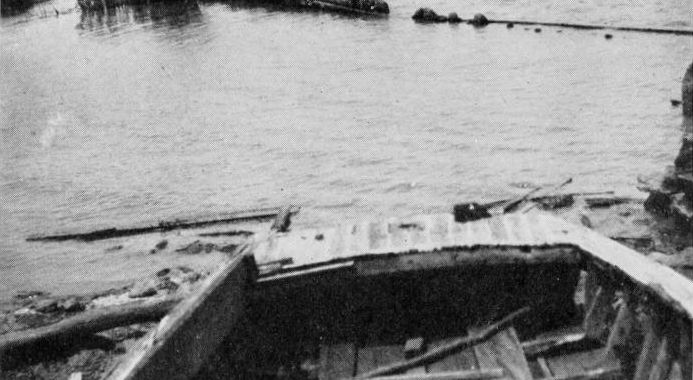

There were many different phases of the Atlantic slave trade. Most areas of West and West-Central Africa were influenced by the Atlantic slave trade in this period, as well as what is now Mozambique. It was also a main cause of the growing European presence in West Africa and it influenced the global connections which many West African rulers developed over the course of these four centuries. It influenced political change, religious practice, farm production, and other aspects of daily life.

The Atlantic slave trade was a significant part of the historical experience of West African peoples throughout this period. The trade ended in 1866, when the last voyage crossed the Atlantic Ocean to Cuba.

After the Spanish reached the Americas in 1492, the direction of the trade became trans-Atlantic. The Atlantic slave trade began in 1442 when African captives from the Senegal river were taken to the port of Lagos in southern Portugal and sold as slaves. Please click this link to download the chapter.


 0 kommentar(er)
0 kommentar(er)
